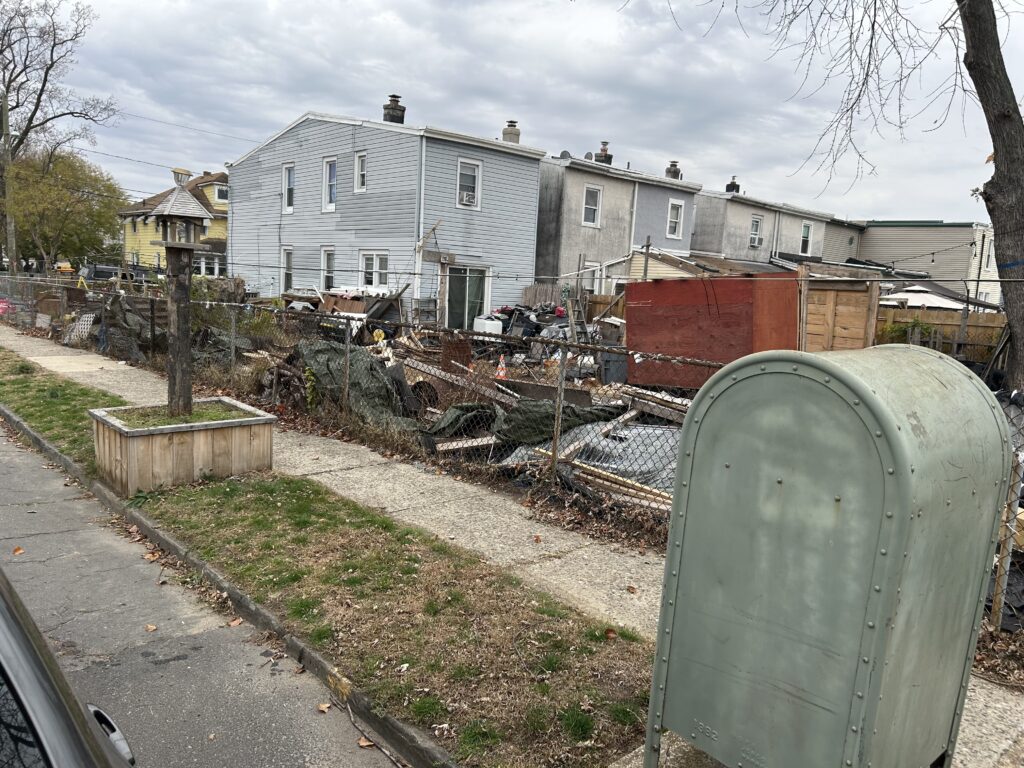
GLOUCESTER CITY, NJ (NOVEMBER 26, 2025)(CNBNEWS)A EYESORE AND A FIRE HAZARD!—In the heart of the 600 block of Division Street, a homeowner has transformed their property into a veritable trash heap, carelessly accumulating refuse for the past four years, according to the occupant. Distressed residents living nearby have reached out to CNBNews, voicing their frustration over this unsightly blight on their residential neighborhood. One concerned resident has reported making repeated complaints to the police department, fire department, and housing office, emphasizing the gravity of the situation. “If this mountain of trash ignites, it threatens to engulf the entire row of homes adjacent to this person’s property.”
Continue reading “DID THE CITY OF GLOUCESTER APPROVE THE OPENING OF A JUNKYARD ON DIVISION STREET?”






